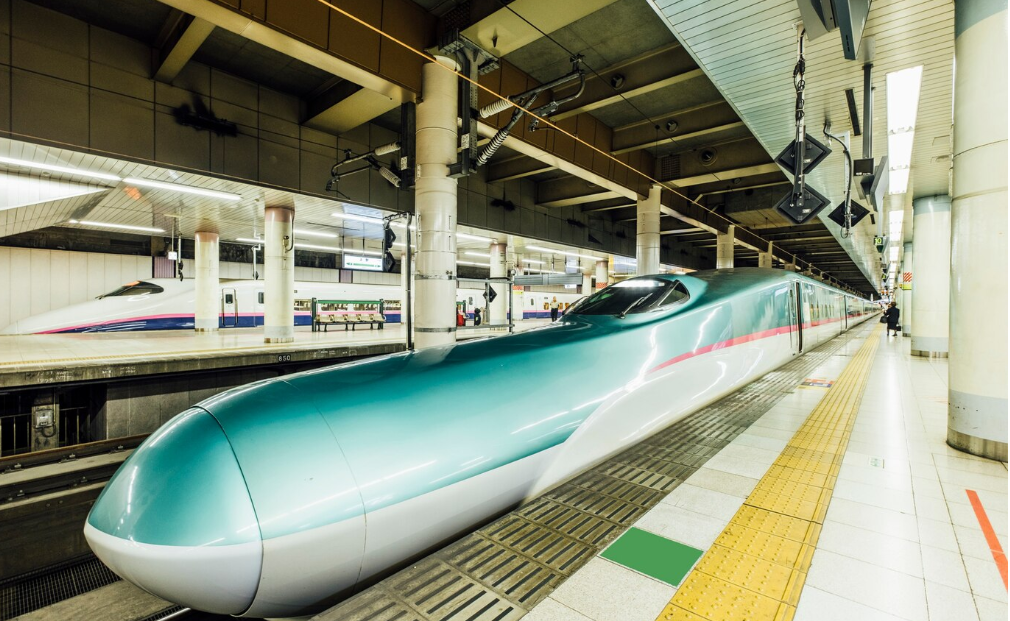Introduction: Nigeria Opens Its Railways to the World
Nigeria is extending a formal invitation to global investors to participate in its ambitious railway infrastructure projects, with a strong focus on sustainability, regional integration, and economic transformation. Speaking at the 2025 International Railway Development Forum in Beijing, China, Nigeria’s Minister of Transportation, Sa’idu Alkali, showcased the country’s rail sector as a vital investment frontier for international stakeholders.
As Africa’s largest economy and most populous nation, Nigeria aims to revitalize its underdeveloped rail network to ease pressure on roads, connect key economic zones, and foster regional trade under the African Continental Free Trade Area (AfCFTA) framework.
A Strategic Appeal to China and Beyond
China, which has long been a key infrastructure partner to Nigeria through its Belt and Road Initiative (BRI), was a natural platform for this investment call. Minister Alkali highlighted Nigeria’s commitment to public-private partnerships (PPPs), noting that the government is offering incentives and legal frameworks to de-risk capital investments.
According to the minister, “Nigeria’s rail sector holds untapped potential for investors looking to make sustainable, long-term infrastructure bets in Africa. We are committed to transparency, safety, and environmental stewardship.”
The forum included delegates from over 50 countries and multinational firms involved in rail manufacturing, logistics, and financing.
The Rail Master Plan: A Vision of Interconnected Growth
Nigeria’s current National Integrated Infrastructure Master Plan envisions revamping and expanding over 4,000 kilometers of standard-gauge railways by 2040. These include:
-
The Lagos–Calabar Coastal Railway, connecting southern cities and ports.
-
The Kano–Maradi line, extending into Niger Republic to boost regional trade.
-
The Lagos–Kano corridor, vital for the transport of goods from the ports to the north.
In addition to passenger transport, the focus is also on freight movement, especially from agricultural and mining zones to export terminals. Minister Alkali emphasized the importance of electrified and green rail systems, aligning with Nigeria’s Energy Transition Plan and global climate commitments.
Opportunities for Foreign Investors
At the forum, Nigeria showcased several bankable rail projects and offered the following opportunities:
-
Rolling stock supply and maintenance partnerships
-
Construction contracts under PPP or Engineering-Procurement-Construction-Financing (EPC+F) models
-
Technology transfer and training collaborations
-
Digital systems for ticketing, freight logistics, and operations management
The Nigerian government assured potential investors of sovereign guarantees, a stable regulatory environment, and access to financing through institutions like the African Development Bank (AfDB) and China EXIM Bank.
Why Rail? Why Now?
Nigeria’s rail resurgence is crucial for diversifying the economy and reducing logistics costs, which are among the highest in sub-Saharan Africa. Currently, over 90% of freight moves by road, causing congestion, delays, and infrastructure decay.
According to a World Bank report, improving rail freight capacity could save Nigeria over $2 billion annually in logistics and fuel costs. Moreover, rail expansion is expected to create hundreds of thousands of jobs and stimulate industries such as steel, cement, and tourism.
Challenges Ahead
Despite the enthusiasm, investors remain cautious due to past delays, funding gaps, and concerns over debt sustainability. However, Nigeria’s recent push for private capital infusion and multilateral co-financing marks a turning point.
Minister Alkali acknowledged these concerns and reiterated reforms within the Nigerian Railway Corporation (NRC) and relevant ministries to improve efficiency and reduce bureaucratic bottlenecks.
Conclusion: A Bold Pitch for Shared Prosperity
Nigeria’s railway agenda is more than just a transportation strategy it’s a blueprint for national and regional development. By inviting global investors to join in, the country is positioning itself as a forward-thinking, opportunity-rich environment for infrastructure partnerships.
As the rails of commerce and connectivity are laid down, Nigeria is betting that international collaboration will drive it toward a more integrated, sustainable, and prosperous future.
References:
-
Federal Ministry of Transportation, Nigeria
-
International Railway Development Forum 2025, Beijing
-
World Bank Nigeria Logistics Performance Index
-
National Integrated Infrastructure Master Plan (NIIMP)
-
Belt and Road Initiative, China
-
African Development Bank
Last Updated on June 14, 2025 by kingstar





